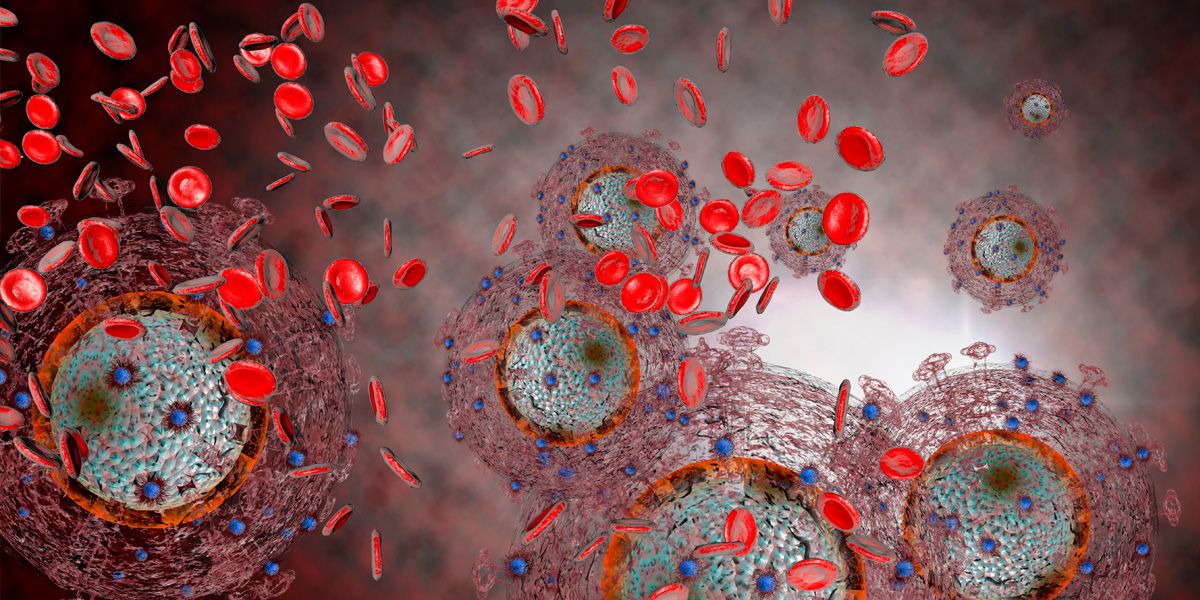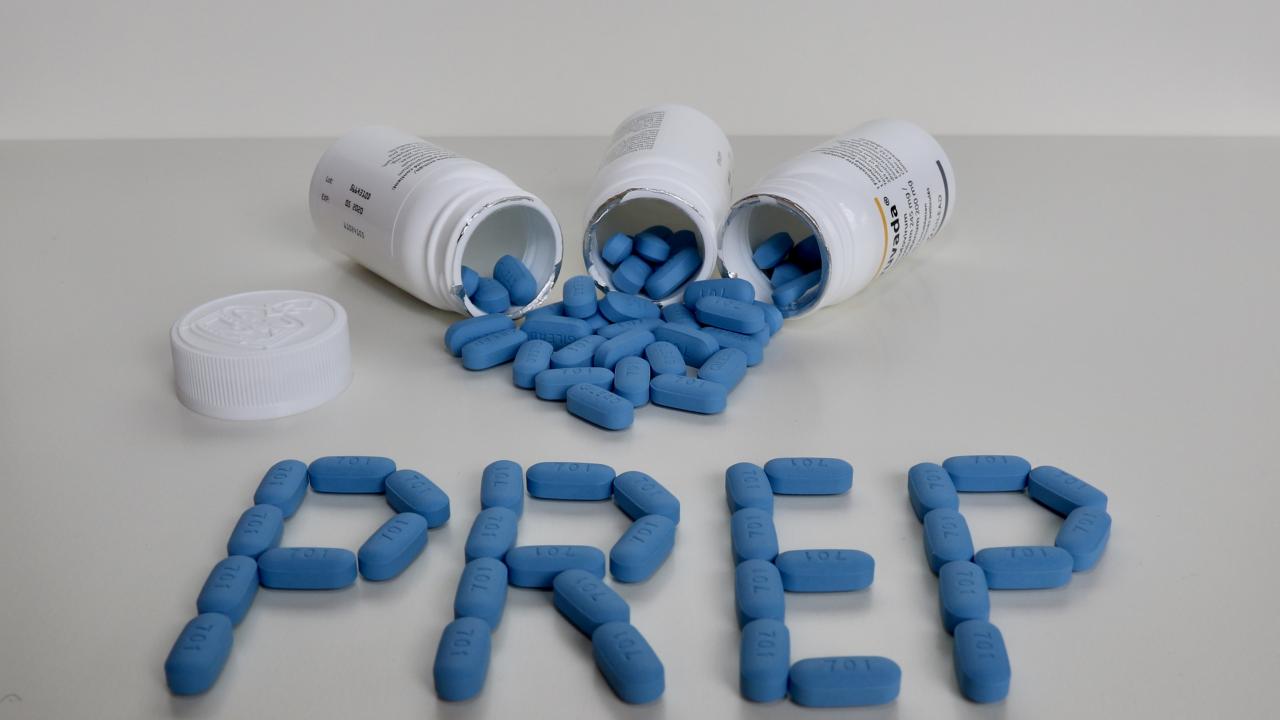
HIV / AIDS
HIV (human immunodeficiency virus) attacks the body’s immune system, and if it untreated, it can lead to AIDS. The virus that causes HIV is called a retrovirus. AIDS stands for acquired immune deficiency syndrome and is a late stage of untreated HIV. This is where the body’s immune system is damaged by the HIV virus making the infected person vulnerable to diseases and infections. With the HIV treatments that are now available in Australia, AIDS is extremely rare.
How do you get HIV?
HIV can be found in blood, semen, vaginal secretions, anal secretions, and breast milk. You can get HIV through:
- Sex without a condom (vaginal or anal) with someone who is HIV positive
- Blood-to-blood contact (sharing drug injecting equipment or through unsterile tattoo and piercing equipment) with a person who is HIV positive
- From parent to child (during pregnancy or breastfeeding) if the parent is HIV positive
It is rare to get HIV when you have sex with condoms and very rare to get HIV through oral sex or splashes with blood.
You cannot get HIV through contact with other body fluids such as saliva, urine, or sweat, and you cannot contract HIV through hugging and cuddling, sharing cups, plates, etc.
What are the symptoms of HIV?
Symptoms occur in about 7 out of 10 people and usually occur 2 to 6 weeks after infection. This is called a ‘seroconversion illness’. Symptoms can include:
- Fever
- Chills
- Night sweats
- Swollen glands
- Sore throat
- Fatigue
- Diarrhoea
- Nausea
After this seroconversion illness, you may not get any symptoms for a long time.
Can I have a test for HIV?
Yes, there is an excellent test available for HIV. This is a blood test where a small amount of blood is taken and then sent to a pathology lab for testing and is the most common test. The test is called an HIV antibody test. An antibody is something your body makes in response to infection.
While the test is mostly accurate by 4 to 6 weeks after a possible exposure to HIV, it can take up to 12 weeks after exposure for your body to make this antibody. This is called the ‘window period’.
Some centres have ‘Point of Care’ testing, where a test is done on the spot. There are also some home self-test kits available. However, these are both less sensitive than the blood test. A regular HIV test is one of the most important ways to protect yourself and your partners.
How long will it take to get my HIV test results?
This depends on where you have your test. Results of the blood test are usually available within 24 to 48 hours. Some clinics will only notify you early if your test is positive. If your test is negative, you may be advised a little later, usually within a week of your test.
What does it mean if my HIV test is negative?
This means that no HIV antibody has been detected. You need to be aware of the window period and if you have had any possible exposure to HIV in the last 12 weeks you will need to repeat the test.
Can I be sure I am HIV negative?
Yes, the HIV antibody test is accurate. If your HIV test is negative and you have not had any exposure in the 12 weeks before your test you can be sure you do not have HIV.
What should I do if I have had an exposure, but I am still in the window period?
You can wait until the end of the window period to have your test. Alternatively, you can have a test now then have another HIV test when it has been 12 weeks since your exposure. If you are concerned that you may have been exposed to HIV it is important not to have any unprotected sex until you can have an accurate test.
What happens if my HIV test is positive?
If your HIV test is positive, your blood sample will be sent for further testing to confirm the result. Very rarely, a test result is inconclusive and needs further confirmation. If the additional test is negative, then you do not have HIV.
If your further test is positive, then you have HIV. You will be referred to a specialist HIV care centre(often a sexual health service). These services are usually free and provide excellent care. You can continue to see your regular GP as well. In the ACT specialist HIV care is provided by Canberra Sexual Health Centre. There are also GPs who provide HIV care.
You will be offered counselling and referral to support services if you would like to access these. There are good support services available for people living with HIV. In the ACT Meridian provides support for newly diagnosed people, and provides ongoing support, counselling, referral, and peer-led groups. Visit: meridianact.org.au
Is there a cure for HIV?
There is no cure for HIV infection. However, excellent treatment is available.
What is the treatment for HIV?
Treatment for HIV involves taking medications called antiretroviral medications. These medications stop the virus from multiplying. The medications (usually between 1 and 4 pills) are taken daily and are taken for the rest of your life. HIV treatment is now provided free in Australia, even if you do not have a Medicare card.
Starting treatment early matters.
When treatment is started early, someone with HIV can live a long and healthy life. The importance of getting treatment early is one of the reasons that regular testing matters. The sooner you know you are positive, the sooner you can start treatment.
What happens if HIV is not treated?
If HIV is untreated, the virus will break down the body’s immune system over time. This reduces the body’s ability to fight infection and makes certain diseases and cancers more likely. When HIV infection reaches this stage, it becomes AIDS. This can take anywhere from 1 year to 10 years. Someone who is HIV positive and untreated will be infectious, putting any sexual partners at risk.
How can I protect myself from getting HIV?
There are many ways to protect yourself from getting HIV.
Use Condoms and dams
Condoms are a great way to protect yourself from HIV, and other sexually transmissible infections. Dams are a small sheets of latex that are placed over the genitals or anal area during oral sex and prevent the exchange of body fluids.
PrEP

PrEP is a medication that can prevent HIV infection and is very effective. You can take it once a day ongoing or ‘on demand’ when needed. PrEP needs to be prescribed by a doctor. If you are interested in taking PrEP make an appointment with a doctor to discuss it. For more information, see SHFPACT’s Factsheet on PrEP and PEP.
PEP
PEP is an antiretroviral treatment that can prevent HIV. You can take it if you have been exposed to HIV. PEP must be started as soon as possible and must be started within 72 hours. It is then taken for 28 days. PEP is available through Canberra Sexual Health Centre and hospital emergency departments.
HAVING AN UNDETECTABLE VIRAL LOAD
If someone has HIV, takes their HIV medication daily, and their blood tests show no virus (called an undetectable viral load) they cannot transmit HIV. This is called U=U (undetectable = untransmissible)
USING SAFE INJECTING PRACTICES
If you inject recreational drugs, it is important not to share any injecting equipment. Needle and Syringe Programs(NSPs) provide clean injecting equipment and advise on safer practices and safe injecting. In the ACT Directions provides this service as well as information about the location of other NSPs. Visit: Direction Health
ONLY HAVING SAFE TATTOOING AND PIERCING
Tattooing and piercing provided through professional services in Australia must meet strict standards, and there should be no risk of HIV infection.It is essential to use professional services only and avoid having tattoos or piercings in countries that do not have the same safety standards. Backyard tattoos or piercings are not considered safe.
- Last updated on .